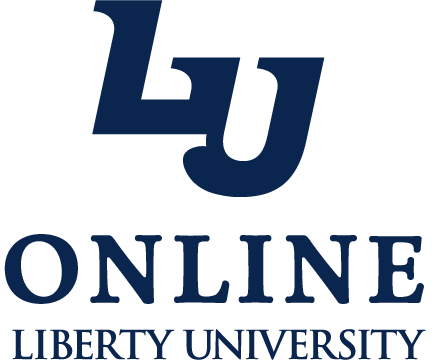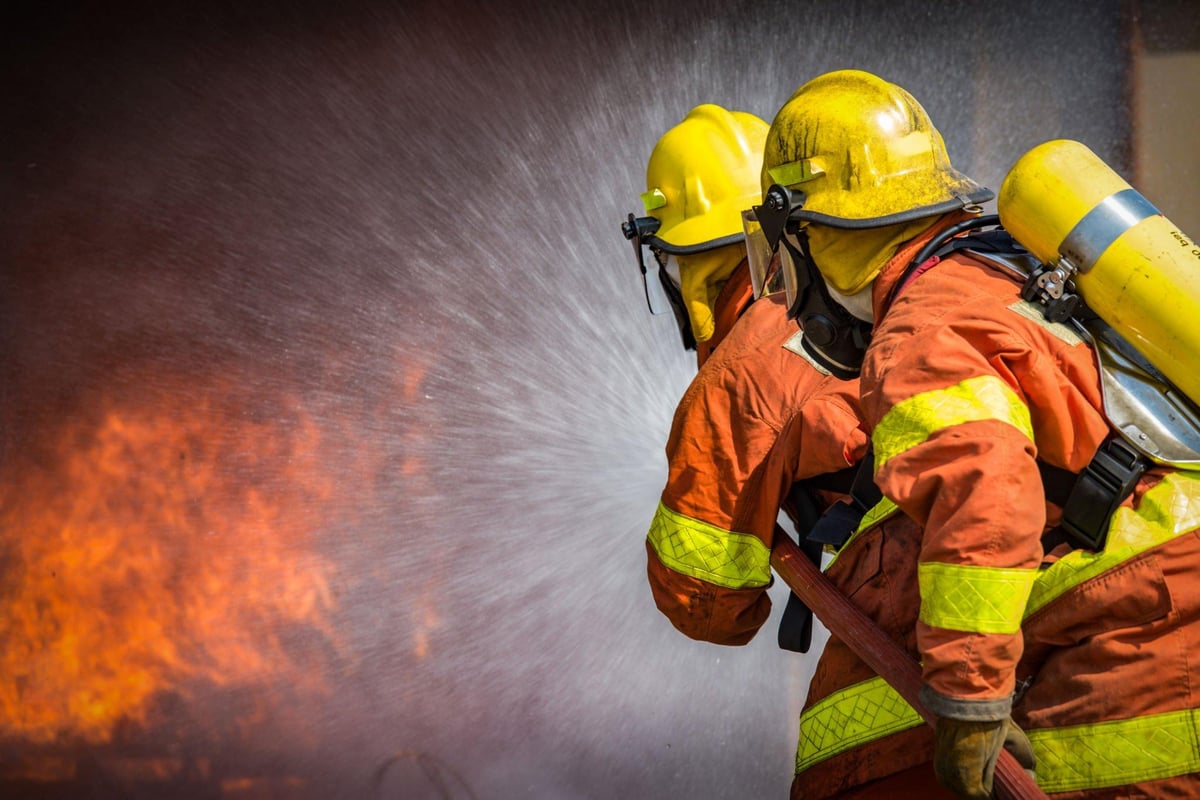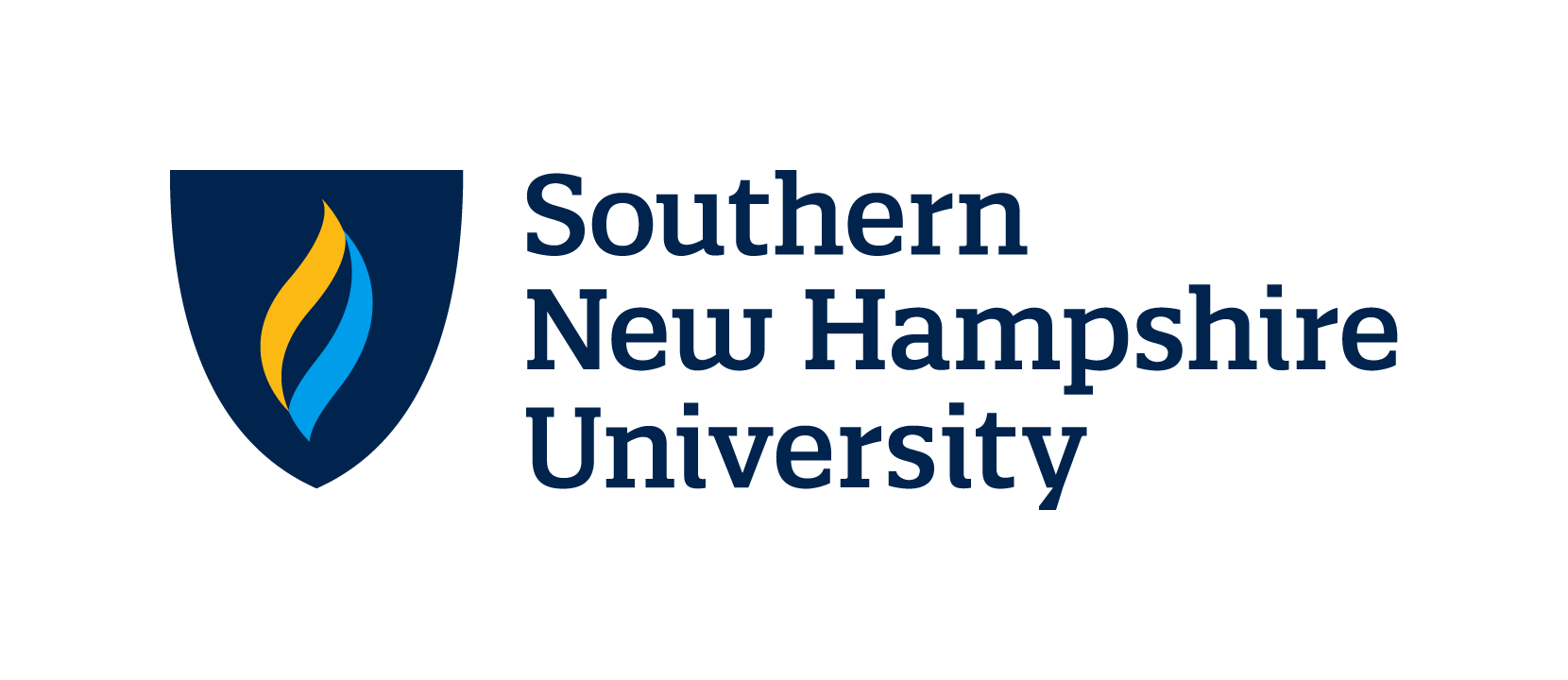Fire Science classes near me in Baltimore
In the Baltimore metro area, the average cost of a class is $12000 and the average class length is approximately 34 weeks long
Trade and industry classes near
Baltimore, MD 21201Online classes
Financial aid
Certificate
Short classes

Liberty University Online
BS: Civil Engineering
- Online, completion in as little as 42 months.
- Option to transfer credits for up to 75% of the entire degree.

Liberty University Online
BS: Aviation Management
- Online, completion in as little as 42 months.
- Option to transfer credits for up to 75% of the entire degree.

Penn Foster
Diesel Mechanics/ Heavy Truck Maintenance Career Diploma
- Affordable, accredited, self-paced
- Students receive Snap-on tools discount
Fire Science classes near me in Baltimore
If you're interested in a career in firefighting or fire safety, enrolling in fire science classes can provide you with the knowledge and skills necessary to excel in this field. In Baltimore, there are several options for fire science classes that can help you pursue your career goals. Whether you're a recent high school graduate or looking to make a career change, these classes can provide you with the foundation you need to succeed.

Introduction
Fire science is a specialized field that involves the study of fire behavior, prevention, and suppression. Firefighters play a crucial role in protecting lives and property by responding to emergencies and extinguishing fires. They also educate the public on fire safety measures and conduct inspections to ensure compliance with fire codes.
What is Fire Science?
Fire science is a multidisciplinary field that combines elements of chemistry, physics, engineering, and public safety. It encompasses the study of fire behavior, fire investigation, fire prevention, and fire protection systems. By understanding the science behind fires, firefighters can make informed decisions and take appropriate actions to mitigate risks and protect lives.
Training Requirements
To become a firefighter, you must meet certain training requirements. The specific requirements may vary depending on the jurisdiction, but generally, aspiring firefighters need to complete the following:
- High School Diploma or GED: Most fire departments require candidates to have a high school diploma or equivalent.
- EMT Certification: Many fire departments require firefighters to be certified as Emergency Medical Technicians (EMTs). This certification involves completing a training program and passing a state licensing exam.
- Fire Academy: Firefighters typically need to complete a fire academy training program. These programs provide hands-on training in firefighting techniques, equipment operation, and emergency response protocols.
What to Look for in a Fire Science Class
When searching for fire science classes in Baltimore, it's important to consider certain factors to ensure you choose the right program for your needs. Here are a few things to look for:
- Accreditation: Make sure the fire science program is accredited by a recognized accrediting body. Accreditation ensures that the program meets certain quality standards and that your education will be recognized by potential employers.
- Curriculum: Review the curriculum to ensure it covers all the essential topics in fire science, including fire behavior, fire prevention, arson investigation, and emergency response.
- Hands-on Training: Look for programs that provide hands-on training opportunities, such as simulated fire drills and practical exercises. These experiences are invaluable in developing the skills needed for real-world firefighting.
- Experienced Instructors: Research the qualifications and experience of the instructors. It's important to learn from professionals who have real-world experience in the field and can provide practical insights.
What to Expect from the Day-to-Day Class
Fire science classes typically involve a combination of classroom lectures, hands-on training, and practical exercises. Here's what you can expect from the day-to-day class experience:
- Classroom Lectures: You will attend lectures where instructors will cover the theoretical aspects of fire science, including fire behavior, fire dynamics, and fire prevention strategies.
- Hands-on Training: You will have the opportunity to participate in hands-on training exercises, such as using firefighting equipment, conducting simulations, and practicing emergency response protocols.
- Practical Exercises: In addition to hands-on training, you may also engage in practical exercises that simulate real-life scenarios. These exercises help you develop critical thinking skills and apply your knowledge in a practical setting.
- Group Projects: Some classes may require you to work on group projects, allowing you to collaborate with your peers and develop teamwork skills.
Certification Process
After completing your fire science classes and any additional training requirements, you can pursue certification as a firefighter. The certification process may vary depending on the jurisdiction, but generally involves the following steps:
- Written Exam: You will need to pass a written exam that assesses your knowledge of fire science principles, firefighting techniques, and emergency response protocols.
- Physical Fitness Test: Firefighters need to be physically fit to perform the demanding tasks required on the job. You will need to pass a physical fitness test that evaluates your strength, endurance, and agility.
- Interview: Some fire departments require candidates to participate in an interview to assess their communication skills, problem-solving abilities, and suitability for the role.
- Background Check and Medical Evaluation: Before being hired, candidates typically undergo a background check and medical evaluation to ensure they meet the necessary criteria for the position.
Finding a Job in Fire Science
Once you have obtained your certification as a firefighter, you can start exploring job opportunities in the field. Here are a few ways to find related jobs:
- Fire Department Websites: Many fire departments advertise job openings on their websites. Check the websites of fire departments in Baltimore and surrounding areas for job postings.
- Networking: Networking is an important aspect of finding job opportunities. Connect with professionals in the field, attend career fairs and industry events, and join firefighting associations to expand your network.
- Online Job Platforms: Utilize online job platforms to search for firefighting positions.
Continuing Education and Specializations
Once you have established yourself as a firefighter, you may choose to pursue additional training and certifications to specialize in specific areas of fire science. Some possible specializations include:
- Fire Investigation: If you have an interest in determining the cause and origin of fires, you can pursue training in fire investigation. This specialization involves conducting forensic investigations, collecting evidence, and working closely with law enforcement agencies.
- Fire Prevention and Safety: Fire prevention specialists focus on educating the public about fire safety measures and implementing fire prevention programs. They conduct inspections, enforce fire codes, and develop safety strategies to minimize fire risks.
- Emergency Management: Emergency management professionals are responsible for coordinating responses to natural disasters, emergencies, and other crisis situations. They develop emergency response plans, coordinate resources, and ensure the safety of communities during times of crisis.
Final Thoughts
If you're passionate about firefighting and fire safety, pursuing fire science classes in Baltimore can be the first step towards a rewarding career. By gaining a solid understanding of fire behavior, prevention, and suppression, you'll be equipped with the knowledge and skills necessary to protect lives and property. Remember to research different programs, consider accreditation, and seek hands-on training opportunities to make the most of your education. For more information on fire science classes and other vocational training programs, visit Dreambound. Dreambound is the largest platform for students to find vocational training programs, such as allied health or industrial trades. Their mission is to provide all the information students need to find the perfect class.
Dreambound has put together numerous guides to help you navigate the certification process in this field, tailored for various cities. For insights into the process or requirements in other states, see some of our additional guides below.
- How to Become a Firefighter in Colorado
- How to Become a Firefighter in Kentucky
- How to Become a Firefighter in Minnesota
- How to Become a Firefighter in Oregon
- How to Become a Firefighter in South Carolina
Thinking about a potential career transition? Dreambound offers detailed guides to help you with making an informed decision. Dive in below:
FAQ
What is Dreambound?
Dreambound is the largest platform for students to find career & technical training programs. While we can't guarantee a career outcome, our mission is to provide all the information you need to find the perfect program for you.
What programs do you offer?
Dreambound has over 70 programs across healthcare, technology, business, and industrial trades. This includes programs such as Medical Billing, Cybersecurity, and welding.
Do you offer financial aid?
Some of our schools offer financial aid for those who qualify. Many others offer payment plans, where you can pay the cost of class over time.
Is it possible to do online classes?
Yes, Dreambound offers many online programs. On Dreambound's search, you can filter by online, in-person, and hybrid (part online, part in-person).
